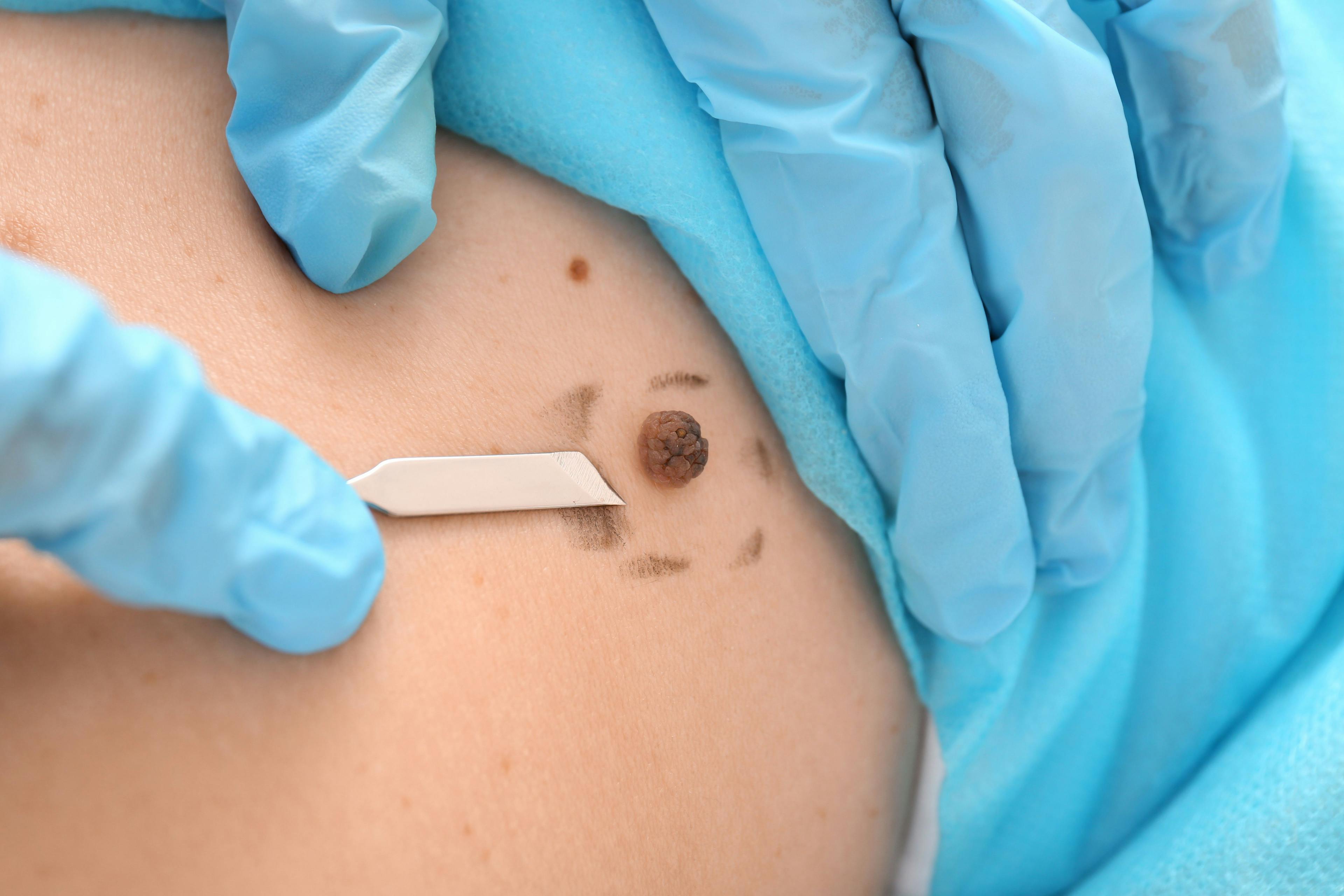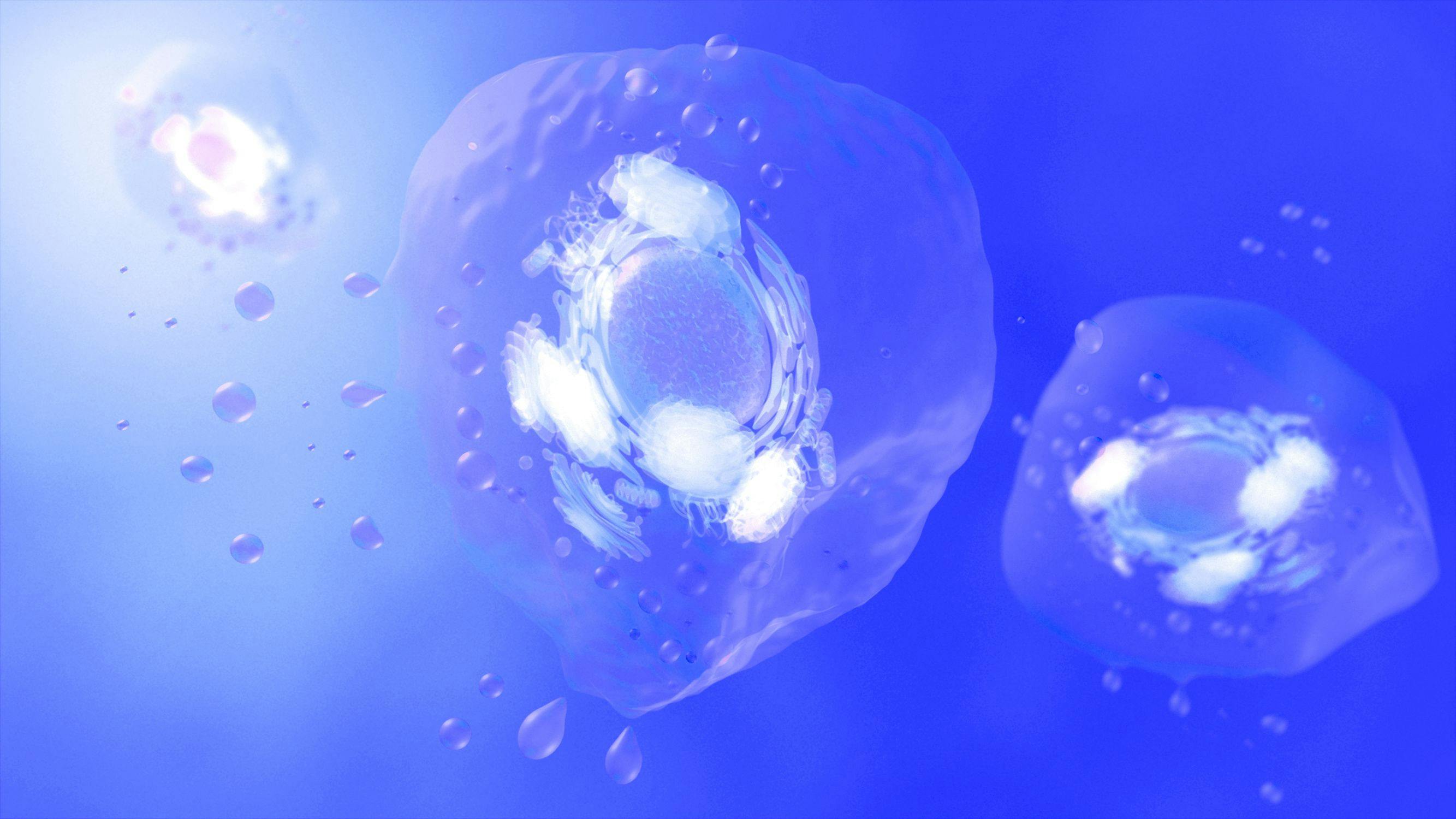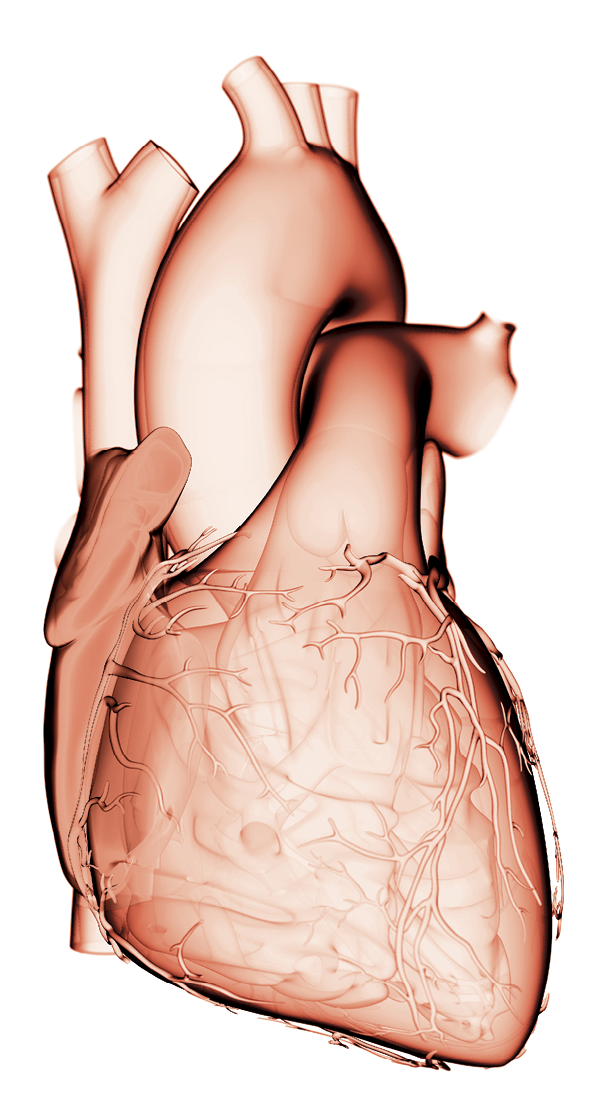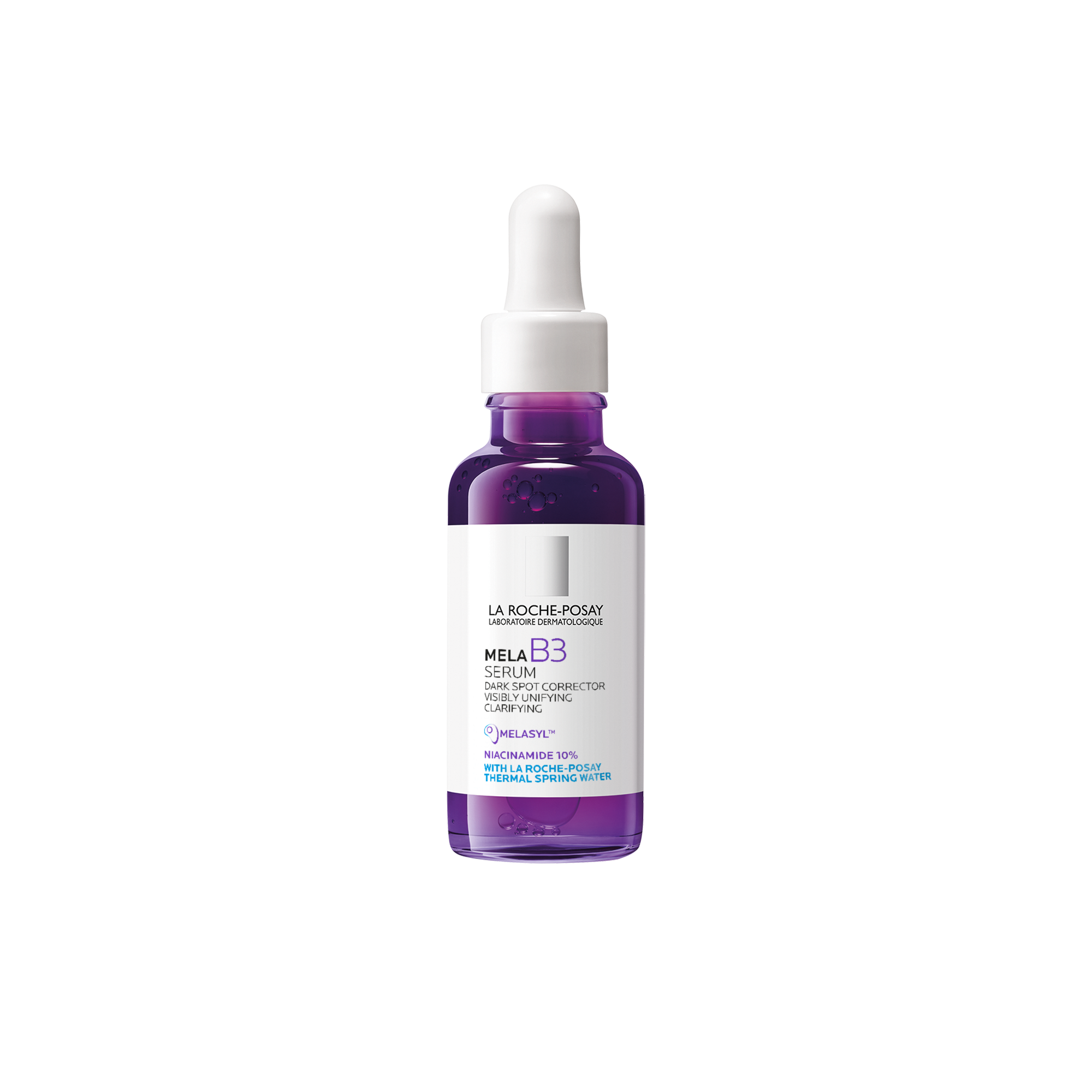- Acne
- Actinic Keratosis
- Aesthetics
- Alopecia
- Atopic Dermatitis
- Buy-and-Bill
- COVID-19
- Case-Based Roundtable
- Chronic Hand Eczema
- Chronic Spontaneous Urticaria
- Drug Watch
- Eczema
- General Dermatology
- Hidradenitis Suppurativa
- Melasma
- NP and PA
- Pediatric Dermatology
- Pigmentary Disorders
- Practice Management
- Precision Medicine and Biologics
- Prurigo Nodularis
- Psoriasis
- Psoriatic Arthritis
- Rare Disease
- Rosacea
- Skin Cancer
- Vitiligo
- Wound Care
News
Article
Dermatology Times
Is CPS the Solution for Refractory Plantar Warts?
Author(s):
An immunosuppressed patient with refractory plantar warts showed improvement following cantharidinpodophyllotoxin-salicylic acid (CPS) monotherapy.
Leonid/AdobeStock
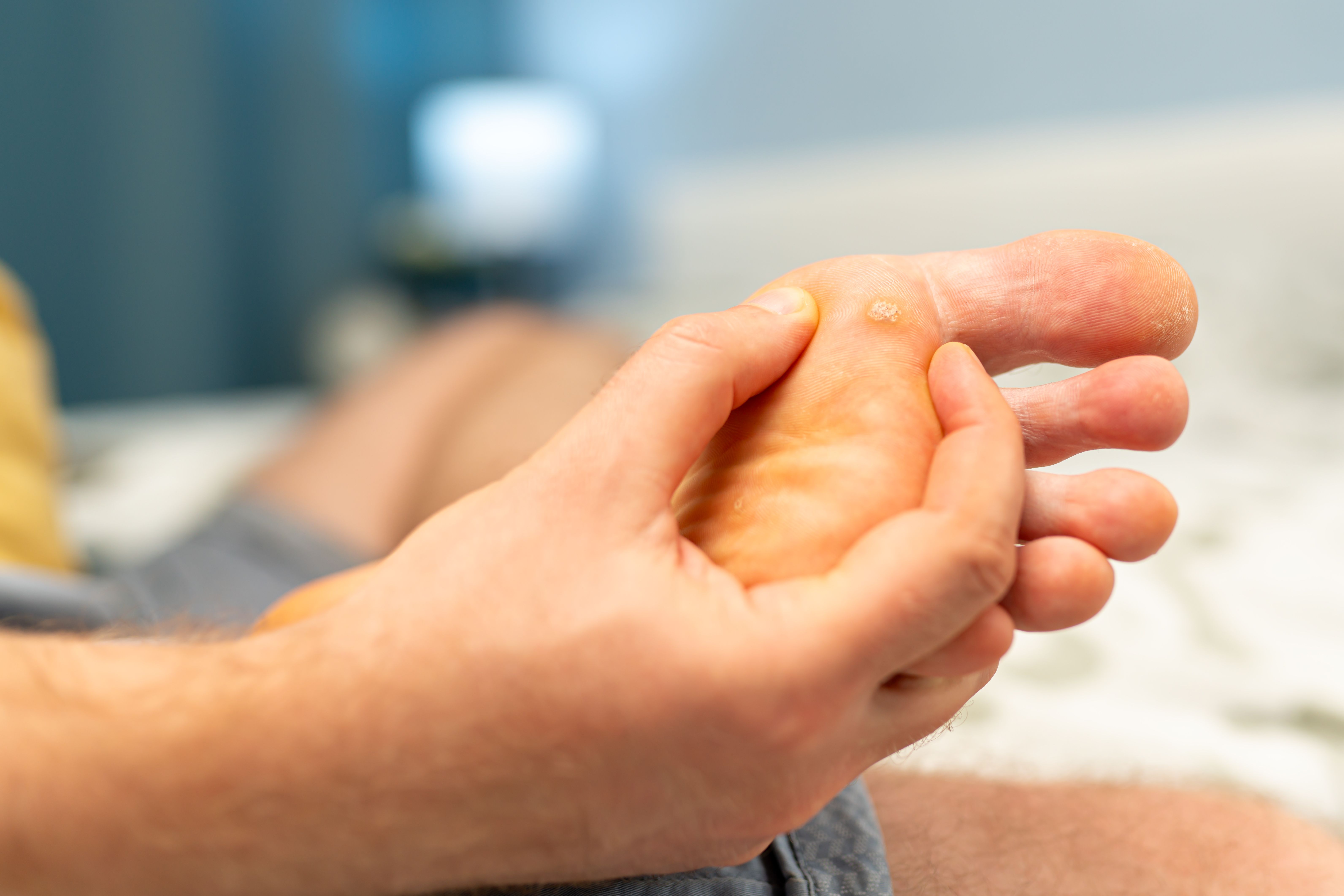
Cantharidinpodophyllotoxin-salicylic acid (CPS) monotherapy was successful in treating refractory plantar warts in an immunosuppressed patient, a team of dermatologists reported in a poster at the Maui Derm Hawaii 2024 conference in Wailea, Hawaii.1
The poster authors, from the Department of Dermatology at Oregon Health & Science University, Portland, presented a case report of a 34-year-old woman with multiple plantar lesions that had been resistant to numerous therapies, including:
- cryotherapy
- silver nitrate
- topical cidofovir
- intralesional Candida antigen injections
- bleomycin
- topical 5-fluoruracil
- squaric acid dibutylester immunotherapy
- cantharidin
The patient’s immunosuppression was due to daily therapy (mycophenolate 720 mg, tacrolimus 4 mg, and prednisone 5 mg) following a lung transplant necessitated by cystic fibrosis.
Patients who have had organ transplants and who are on immunosuppressive therapies are susceptible to developing multiple skin lesions, including warts caused by strains of the human papillomavirus (HPV), the poster authors noted. Most patients who are immunosuppressed have multiple warts, and some may have hundreds.
The patient was treated with an initial shave removal of larger lesions and freezing of 10 smaller areas with liquid nitrogen. Following this, CPS was applied and remained on the skin for 12 hours before washing off.
The patient followed up 1 to 2 times per month in clinic for treatment with cryotherapy followed by CPS. After 19 treatment sessions over 16 months, complete resolution was achieved, the poster authors reported.
Cantharidin is a vesicant produced by beetles that works by activating neutral serine proteases in the keratinocytes, leading to progressive degeneration of desmosomal dense plaques, noted the poster authors.
Cantharidin is available in a topical proprietary formulation by Dormer Laboratories of 1% cantharidin, 2% podophyllin, and 30% salicylic acid known as Cantharone Plus, which was used in this case, according to the poster authors.
The authors suggest this combination therapy (CPS and cryotherapy) may be a more appropriate treatment for aggressive HPV infections that commonly accompany chronic immunosuppression.
One earlier study demonstrated the efficacy of CPS alone following 5 failed cryotherapy treatments.2 This was in the case of a non-immunosuppressed patient who had also undergone 2 sessions of nitric-acid–zinc complex that caused severe pain without improvement.
The authors of this earlier report suggested that in cases of recalcitrant or numerous warts, “treatment should be more aggressive from the beginning if the patient’s lifestyle allows it,” adding, “it would be interesting to conduct randomized clinical trials to find out which patients could be indicated for the CPS formulation as a first line of treatment.”
In the case of the immunosuppressed patient, the poster authors wrote, “CPS may be a promising treatment modality in cases of severe, refractory verruca plantaris such as those seen in [this case]."
“Future observations and randomized control trials are needed to further understand the efficacy of the combined treatment of CPS and cryotherapy on refractory plantar warts in immunosuppressed hosts.”
References
- Ghafari-Saravi A, Amer Y, Simpson E. Successful remission of refractory plantar warts with cantharidin plus in an immunosuppressed patient. Poster presented at: Maui Derm Hawaii 2024; January 22-26, 2024; Wailea, Maui, HI.
- Navarro-Pérez D, García-Oreja S, Álvaro-Afonso FJ, et al. Cantharidin-podophyllin-salicylic acid formulation as a first-line treatment for plantar warts? A case report with multiple plantar warts of human papillomavirus biotype 27 and previous failed treatments. Am J Case Rep. 2022 Nov 9;23:e937867. doi: 10.12659/AJCR.937867. PMID: 36348614; PMCID: PMC9662077.

Newsletter
Like what you’re reading? Subscribe to Dermatology Times for weekly updates on therapies, innovations, and real-world practice tips.



